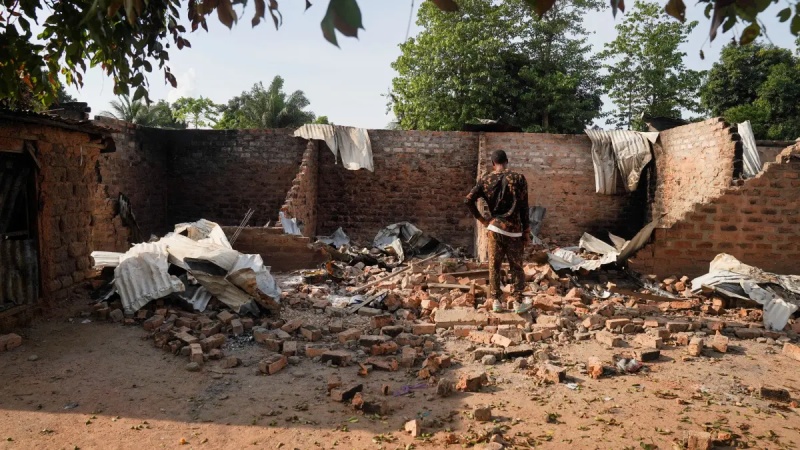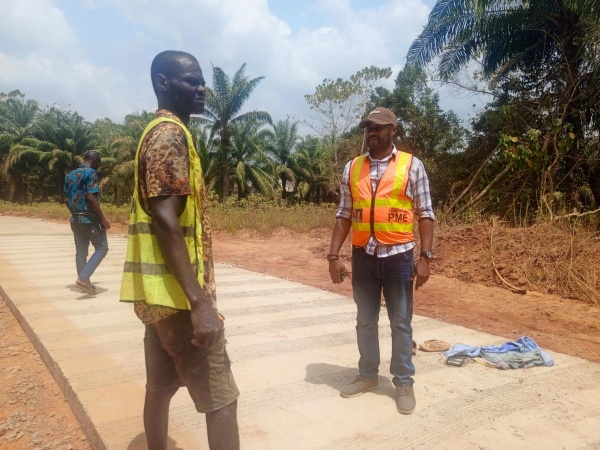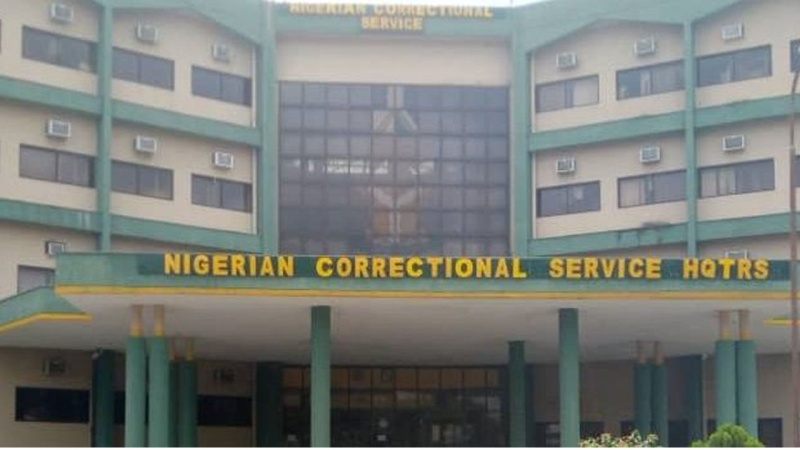

























Loading banners


NEWS EXPRESS is Nigeria’s leading online newspaper. Published by Africa’s international award-winning journalist, Mr. Isaac Umunna, NEWS EXPRESS is Nigeria’s first truly professional online daily newspaper. It is published from Lagos, Nigeria’s economic and media hub, and has a provision for occasional special print editions. Thanks to our vast network of sources and dedicated team of professional journalists and contributors spread across Nigeria and overseas, NEWS EXPRESS has become synonymous with newsbreaks and exclusive stories from around the world.

Damaged roads due for urgent maintenance
A myriad of socioeconomic challenges bogs down Nigerians. They are under a security siege and demobilised by poor, inefficient road networks. The World Bank estimates Nigeria needs $30tn over the next 30 years to cover the deficit. The deficit to Gross Domestic Product is 30 per cent. This falls far short of the 70 per cent recommended by the World Bank. Thus, the government is up against it.
In recognition of this, the Minister of State for Works, Mohammed Goronyo, during his recent tour of the South-West, directed the Managing Director of the Federal Emergency Roads Maintenance Agency, Chukwuemeka Agbasi, to provide a list of contractors who abandoned the projects awarded to them.
Goronyo warned contractors who failed to meet their obligations, urging them to avoid further delays. He emphasised that failure to honour contract terms would result in serious consequences, including potential penalties, termination of contracts, and exclusion from future bidding opportunities. The minister proposed the creation of a strong technical committee to monitor FERMA projects across the country and assess their quality.
While these efforts show some resolve to reverse the ugly trend, they remain inadequate and powerless without the enforcement of transparency and accountability.
According to the Nigerian Institute of Quantity Surveyors, at least 56,000 and 60,000 public and private construction projects, valued at N12tn are abandoned. It said road construction had a significant ratio. The institution attributed that to poor research on construction estimates.
The Lagos-Ibadan Expressway has remained under construction since 2004, rehabilitated areas have returned to their former state of disrepair while budgetary allocations continue to be sunk into it. The same is the Ibadan-Oyo, Benin-Ore, and East-West expressways.
The 2023 federal budget allocation for road projects in Nigeria included a total of N248.5bn for construction, maintenance, and rehabilitation. The 2024 budget allocated N548.6bn for road and bridge projects.
The situation is evident in reported abandoned road cases where contractors underperform due to real-time inflation variation that has hindered the completion of the roads. The most recent is the reported rescinding of the variation of the cost of building the Bodo-Bonny federal road in Rivers State. The Minister of Works, David Umahi, stated that the contract with Julius Berger at the sum of N199bn was not subject to an upward review.
Most contracted roads are often produced with inflated bills. The Ijebu-Igbo?Ita Ibadan Road project has been marred by significant delays and allegations of contract inflation. Initially awarded in 2018 for N9.8bn with a two-year completion timeline, the project suffered from funding delays, with the Federal Ministry of Works releasing only 15 per cent of the mobilisation fee over five years.
Subsequently, the ministry reportedly re-awarded the contract to another company for N54.3bn without formally terminating the original agreement, leading to concerns about potential deliberate inflation to defraud the government.
Nigeria has a road network totalling about 200,000 kilometres, per the Nigerian Infrastructure Regulatory Commission. However, only 60,000km is paved, leaving a significant road infrastructure deficit.
This gap contributes to poor transportation and increased road traffic accidents. While Nigeria grapples with this abysmal deficit, India constructed 10,457km of highways despite the COVID-19 pandemic and 10,993km in 2023, opening the country to mobility and investments. Nigeria should borrow a leaf out of the book of India.
The government must reverse the trend by probing contractors, wielding punitive actions against corrupt contractors and their accomplices in government, and ensuring effective guardrails that monitor and measure the progress of work and construction timelines.
In the face of undeveloped, grossly unsafe, and expensive alternatives like sea and air, the government must prioritise the completion of the roads across Nigeria. Awarded road contracts must be thoroughly and critically engaged from the drawing board to the field by federal agencies. (The PUNCH Editorial)